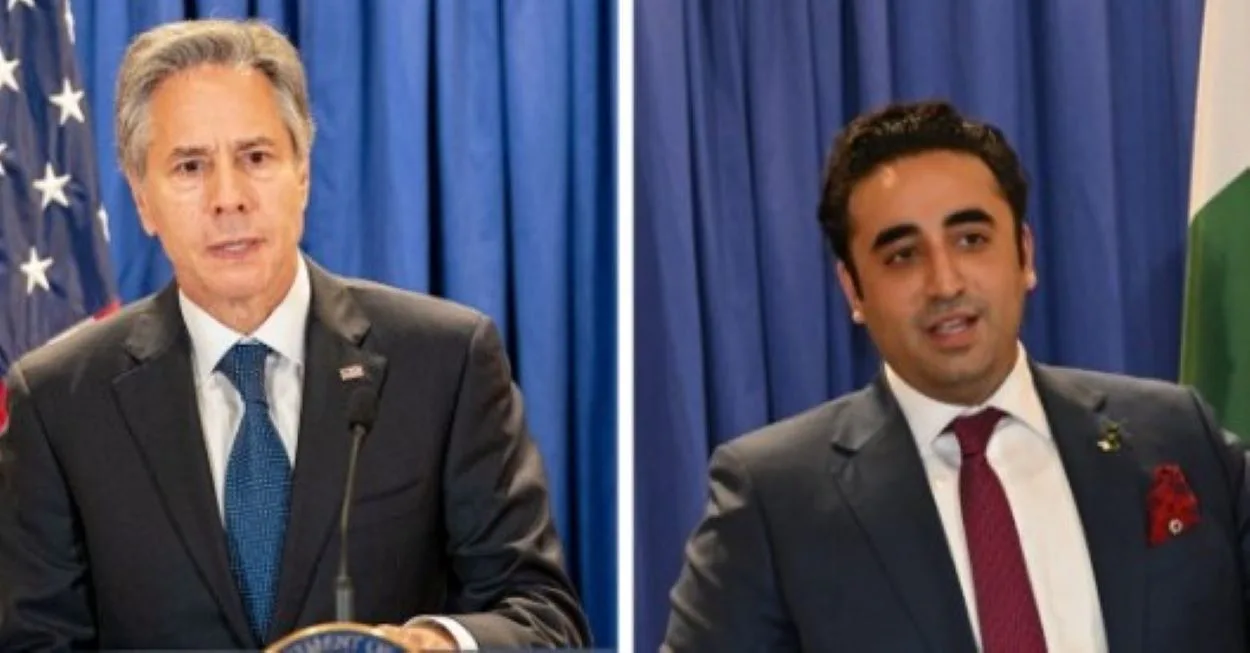U.S. Secretary of State Antony Blinken and Pakistan’s Foreign Minister Bilawal Bhutto-Zardari recently discussed Pakistan’s economic situation and its concerns regarding the state of affairs in Afghanistan.
The Pakistani authorities have long been critical of Kabul’s handling of terrorism within its borders, pointing to the significant issue of cross-border attacks carried out by the Tehreek-e-Taliban Pakistan (TTP), a banned organization.
Blinken, according to State Department spokesman Matthew Miller, expressed his support for a productive partnership between the U.S. and Pakistan during his phone call with Bhutto-Zardari. Recognizing the toll terrorism has taken on the Pakistani populace; he asserted the U.S.’s commitment to maintaining its counterterrorism collaboration with Pakistan.
The two dignitaries also discussed Russia’s ongoing conflict with Ukraine and the U.S. and Pakistan’s shared objective for a stable, peaceful Afghanistan. This interaction between the U.S. and Pakistani authorities occurred after a meeting between U.S. Central Command (Centcom) Chief General Michael Erik Kurilla and Chief of Army Staff (COAS) General Asim Munir in Rawalpindi, where the regional security situation was reviewed.
Economic Priorities and the International Concern of Black Sea Grain Production
Secretary Blinken reiterated the U.S.’s commitment to the Pakistani people and underscored that Pakistan’s economic success remains high on the U.S.’s agenda. He confirmed that the U.S. intends to further its relationship with Pakistan through various technical and development projects and robust trade and investment ties.
During the conversation, Blinken also praised the International Monetary Fund’s (IMF) endorsement of a support program for Pakistan and encouraged the continuation of reforms aimed at economic recovery and growth. Earlier this month, the IMF approved Pakistan’s long-awaited $3 billion bailout, averting a default on debt payments.
In parallel, Bhutto-Zardari discussed with Josep Borrell, the EU’s High Representative for Foreign Affairs and Security Policy, the challenges posed by the Black Sea Grain Initiative (BSGI) expiration. He outlined that the ensuing food inflation and food security problems could severely impact developing countries like Pakistan, which are already grappling with economic issues. The foreign minister expressed his belief that the revival of the BSGI would be possible through dialogue and constructive engagement and expressed Pakistan’s readiness to contribute to this collective effort.






